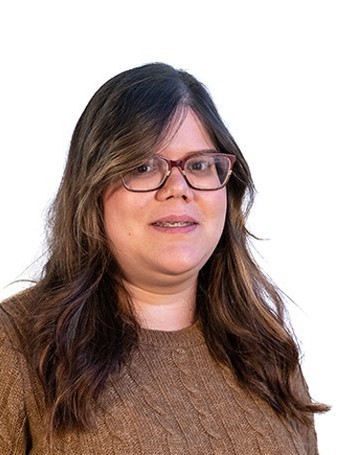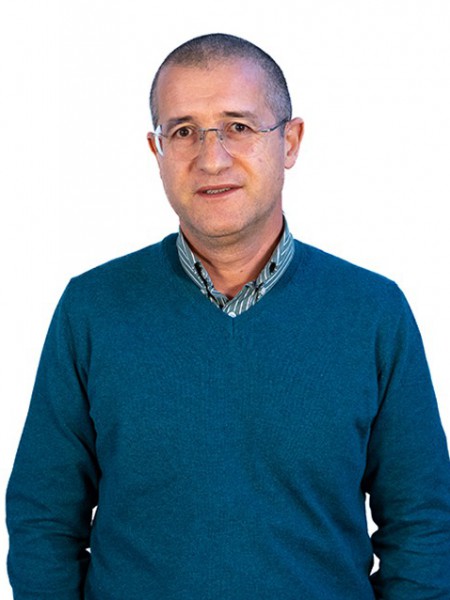abstract
The aim of this study is to prepare dissolvable biopolymeric microneedle (MN) patches composed solely of sodium carboxymethylcellulose (CMC), a water-soluble cellulose derivative with good film-forming ability, by micromolding technology for the transdermal delivery of diclofenac sodium salt (DCF). The MNs with approximate to 456 mu m in height displayed adequate morphology, thermal stability up to 200 degrees C, and the required mechanical strength for skin insertion (>0.15 N needle(-1)). Experiments in ex vivo abdominal human skin demonstrate the insertion capability of the CMC_DCF MNs up to 401 mu m in depth. The dissolution of the patches in saline buffer results in a maximum cumulative release of 98% of diclofenac after 40 min, and insertion in a skin simulant reveals that all MNs completely dissolve within 10 min. Moreover, the MN patches are noncytotoxic toward human keratinocytes. These results suggest that the MN patches produced with CMC are promising biopolymeric systems for the rapid administration of DCF in a minimally invasive manner.
keywords
NONSTEROIDAL ANTIINFLAMMATORY DRUGS; TRANSDERMAL DELIVERY; PHYSICOCHEMICAL CHARACTERIZATION; CELLULOSE; DISSOLUTION; FABRICATION; KETOPROFEN; ARRAYS; PAIN
subject category
Biochemistry & Molecular Biology; Materials Science; Polymer Science
authors
Silva, ACQ; Pereira, B; Lameirinhas, NS; Costa, PC; Almeida, IF; Dias-Pereira, P; Correia-Sá, I; Oliveira, H; Silvestre, AJD; Vilela, C; Freire, CSR
our authors
Projects
CICECO - Aveiro Institute of Materials (UIDB/50011/2020)
CICECO - Aveiro Institute of Materials (UIDP/50011/2020)
Associated Laboratory CICECO-Aveiro Institute of Materials (LA/P/0006/2020)
acknowledgements
This work was developed within the scope of the project CICECO-Aveiro Institute of Materials, UIDB/50011/2020, UIDP/50011/2020 & LA/P/0006/2020, the project UIDP/04378/2020, and UIDB/04378/2020 of the Research Unit on Applied Molecular Biosciences-UCIBIO, the project LA/P/0140/2020 of the Associate Laboratory Institute for Health and Bioeconomy-i4HB, and CESAM-Centre for Environmental and Marine Studies (UIDB/50017/2020 & UIDP/50017/2020 & LA/P/0094/2020), financed by national funds from FCT. FCT is also acknowledged for the doctoral grant to A.C.Q.S. (SFRH/BD/140230/2018) and the research contracts under Scientific Employment Stimulus to C.V. (CEECIND/00263/2018 and 2021.01571.CEECIND), H.O. (CEECIND/04050/2017), and C.S.R.F. (CEECIND/00464/2017).






